

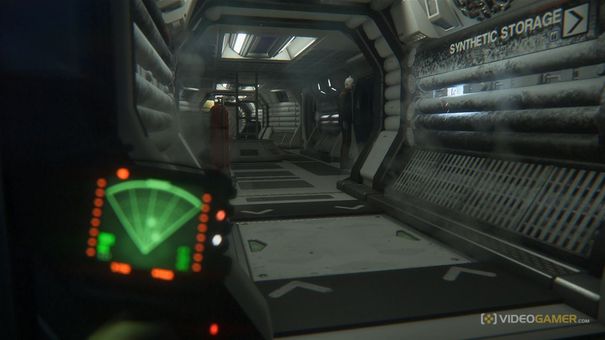

James Cameron's famous motivation for Aliens' gung-ho military overtones is that he wanted to make a Vietnam war movie set in space. America's most infamous war informs everything about his characters, their actions, their obsession with 'gear bullshit', their shattering morale. But it also speaks of the enemy: a tactically-superior force that picks off its foes by using the environment to literally get the drop on them, using their own overconfidence and lack of planning against them.
While the original Alien has no such overt claims, no marines or dropships or pulse rifles or the shit-eating grin of Bill Paxton (sadly), the two movies are utterly similar in that they feature two groups of people fighting something that is naturally more at home in the (ironically man-made) environment than they are. Isolation may not be the first Alien(s) game to understand this, but it is the first to actually implement it.
Sevastopol wouldn't be the most welcoming place in the world under normal circumstances - it is after all a 70s version of the future, and the 70s version of anything (trousers, haircuts, Man Utd) was awful. But it's key to the game's appeal: Sevastopol, like its people, was knackered before the Alien even arrived. If you were an estate agent you'd probably call it 'lived-in', but it's probably better to say that it's more like a futuristic, orbital, run-down council estate.
In short: it feels as real a place to us as those on the Nostromo, as outlandish as that is. Some of this is of course due to it leaning so heavily on Ron Cobb's incredible production, which has lived in all our heads for dozens of years now. But then games in this franchise have been falling back on Cobb and others' work for years (Colonial Marines has Syd Mead's as-legendary designs, remember) with little success.
Here, it works. Instead of just being a backdrop to blast through, it's an integral part of your bid for survival. It's a creaking, clunking, distinctly analogue world where nothing works as it should, like Stoke. You spend a lot of time getting key cards, or powering generators. It should be boring, but these elements are the backbone of an experience that is fleshed out elsewhere. Its rules and mechanics are obvious and consistent (unlike Stoke), and so the player's role in navigating the environment correctly, in making correct choices to evade a superior foe, becomes all-important, as in the films. (People remember Aliens for its action, but the marines get wiped pretty much every time they stand directly against the xenomorph. Only when they start to think about their escape route do they have more success. Same here.)
Playing it reminded me of Left 4 Dead on Expert difficulty, where managing your movement was key and one mistake meant death. Not many developers ask you to be as aware of your surroundings (above and beyond 'cover') as Isolation, and for good reason: you usually have a gun. Or two guns. Or enough guns to necessitate an entire rack. Here, stripped of the usual tools, it's up to the player to rely on not just their motion tracker but also their senses. The Alien hunts primarily via sound and sight, and so, like in the films, the game descends into a battle of who can use its surroundings most effectively. (Hint: as Dallas would tell you, getting in the vents is rarely a good idea).
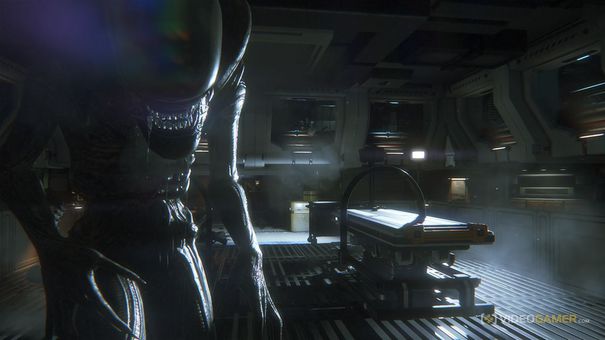
It's interesting just how much effort seems to have been made in making the player's abilities and strengths near-analogous to the Alien's, in terms of the aforementioned senses. (Later on, when the tables turn slightly and you can force it into hiding, there's a shift in power that can only be described as giddy.) The inclusion of a motion tracker seems to tilt the balance in the player's favour, but it can hinder as much as help, giving false positives and generally being a distraction.
Like the Alien, sound is the most important weapon you have. Neither one of you has very reliable sight (not helped on your end by Sevastopol's fittings looking like the Alien designed them itself) and so learning to differentiate whether the xenomorph is in the vents or on your level is all-important. The audio design has to be superb to enable you to do that, and it is: hearing it clamber around above you is unnerving at first, but strangely soothing after a few hours, given that you're relatively safe. Conversely, the crashing sound of it making its entrance to your floor is utterly panic-inducing, and boils Isolation down to its essence: the pressing need to get somewhere else, quickly and safely.
What follows is a superb game of cat and mouse, a battle of wits against an enemy that is smarter than most. Barring a few cutscenes (almost all of which are intrusive, abrupt, and poorly written, sadly), and necessary (if underwhelming) interactions with Ripley's cohorts, it's a world in which you and the Alien create as many meaningful stories as that battered old world does on its own.
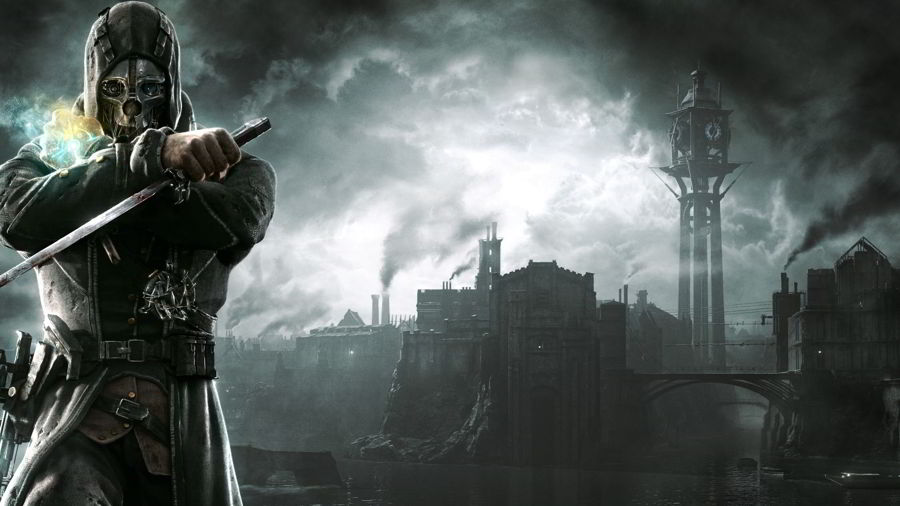
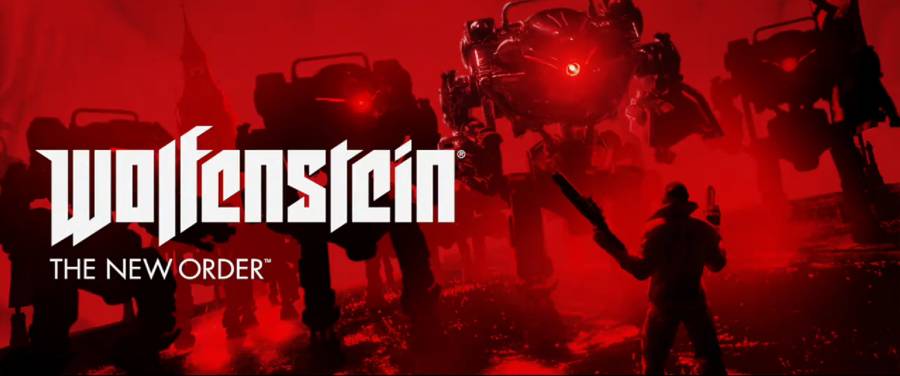
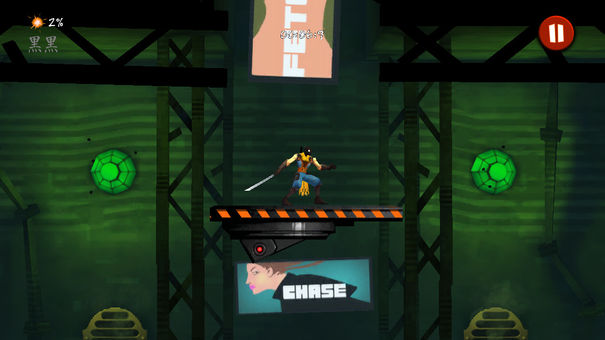
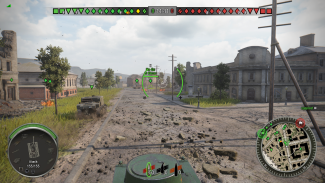
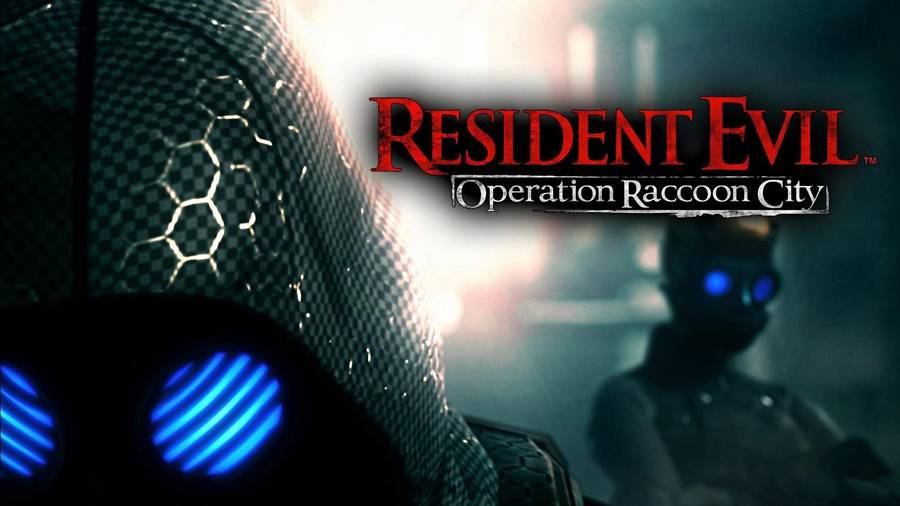 Resident Evil ORC Intel/Data Locations Level 2
Resident Evil ORC Intel/Data Locations Level 2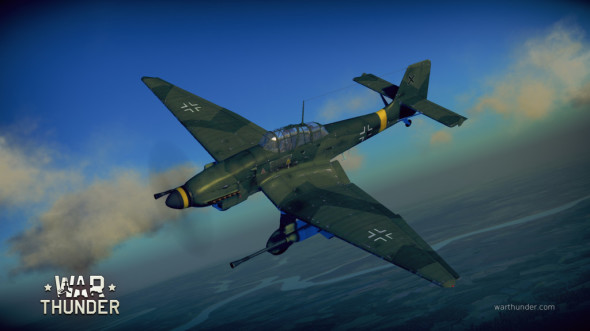 War Thunder: The Guide to Stukas
War Thunder: The Guide to Stukas 10 Big Gaming Departures
10 Big Gaming Departures 12 Ways to Work for PC Games Instead of Buying Them
12 Ways to Work for PC Games Instead of Buying Them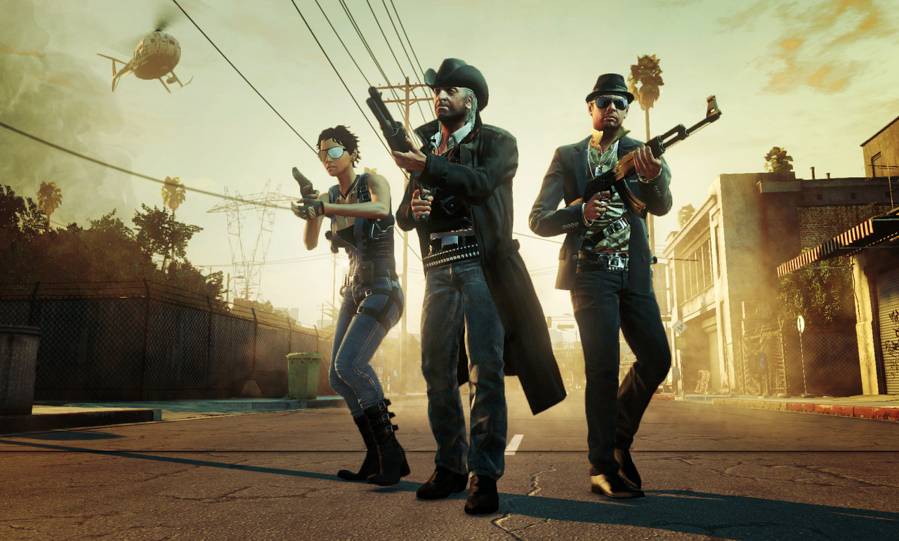 Call Of Juarez The Cartel Special Item Location Chapter 3
Call Of Juarez The Cartel Special Item Location Chapter 3